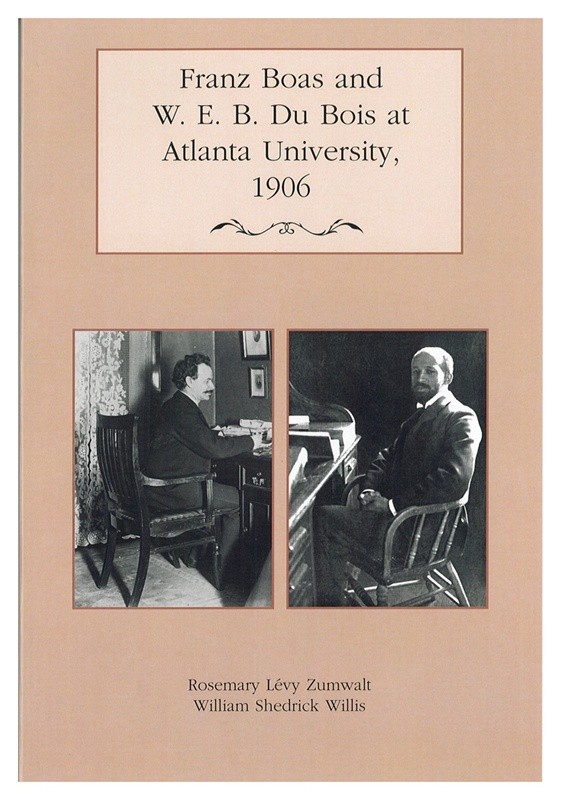K.O.N.Y
Superstar
idk if I'm missing something hereYet all this happened starting from the 1850s onwards, African anthropology is divided into phases and changed according to what was happening in Europe in relation to Africa, read explorer journals done during the age of exploration(pre-atlantic slavery), then during the trans-atlantic slavery, during abolition, and then when colonialism became an economic need in europe, then post colonialism. All these have varying angles.
Impartial journals by Europeans are what even brought attention to the empires existent in Africa and their social organizations. During the slave trade, the narrative took a twist again, then during abolition in Europe(notice USA required a war to bring an end to slavery) then during colonialism, the accounts of unbiased explorers started being disregarded again, and this view, together with the pre-abolition perception of Africa maintained in the Americas due to the slave trade forced anthropologists to challenge this narrative. So, did African Americans play a role in rejuvenating unbiased anthropolgical research in Africa during the scramble of Africa and during colonialism, yes, had there been unbiased works done by explorers in Africa prior to this, also yes. Things aren't always linear.
but all you seem to be doing is adding context to @IllmaticDelta points
No one, at least I hope, is saying whites never studied africa with an unbiased viewpoint
even within white supremacy, that's not the point
whats getting to the masses/mainstream is the point
many ados scholars would have been using those sources in the first place







